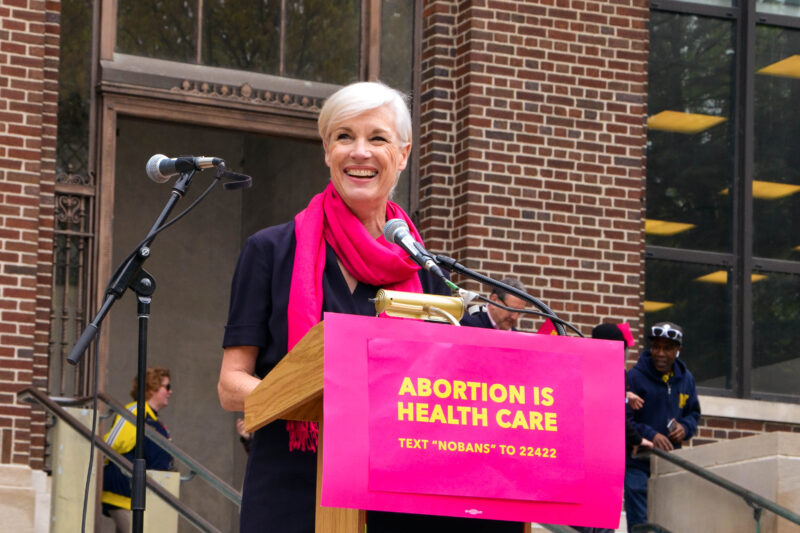Cecile Richards’ Death Marks the End of an Era
We’re living in a vastly different political reality.

Cecile Richards died Monday, her family announced in a statement. She was 67.
Richards, the former president of Planned Parenthood and a fixture of reproductive rights advocacy and Democratic organizing, had been diagnosed with an aggressive form of brain cancer in 2023.
I first met Richards in 2012, after having interviewed her a handful of times while covering the explosion of copy-cat anti-abortion legislation rolling out in conservative states following the 2010 midterm elections. This was at the height of the Tea Party takeover happening within the Republican party, and precursor to today’s MAGA-fication of the GOP.
Richards was, as the tributes to her have tried to capture, a singular presence. She was sharp-witted and often frustrating to interview because she was so disciplined—yet somehow kind about it. Few leaders of national advocacy organizations could doggedly stay on message and be so gracious about it as Richards could.
It’s hard not to feel Richards’ passing as an end of an era in reproductive rights advocacy and Democratic organizing. Donald Trump has been sworn in for a second presidency. The country is awash in the flood of authoritarianism first previewed in the early Tea Party years and made possible in large part thanks to the Supreme Court reversing Roe v. Wade. States like Texas and Georgia now enforce abortion bans with deadly consequences. And thanks to Republican wins in the last election cycle, we are closer than ever to some kind of nationwide abortion ban. The 2016 image of Richards hand raised triumphantly with then-NARAL President Ilyse Hogue outside the Supreme Court is an artifact of an entirely different political reality, one we may not see again for generations.
We are in fundamentally different times.
Navigating this new era will take equal parts grit and joy, a formula I learned was foundational to how Richards approached both her work and her life.
That’s what should carry forward in the work ahead. That’s the bridge Richards gave between her era and this one: grit and joy.
CORRECTION: Ilyse Hogue’s name was misspelled in an earlier version of this story.
